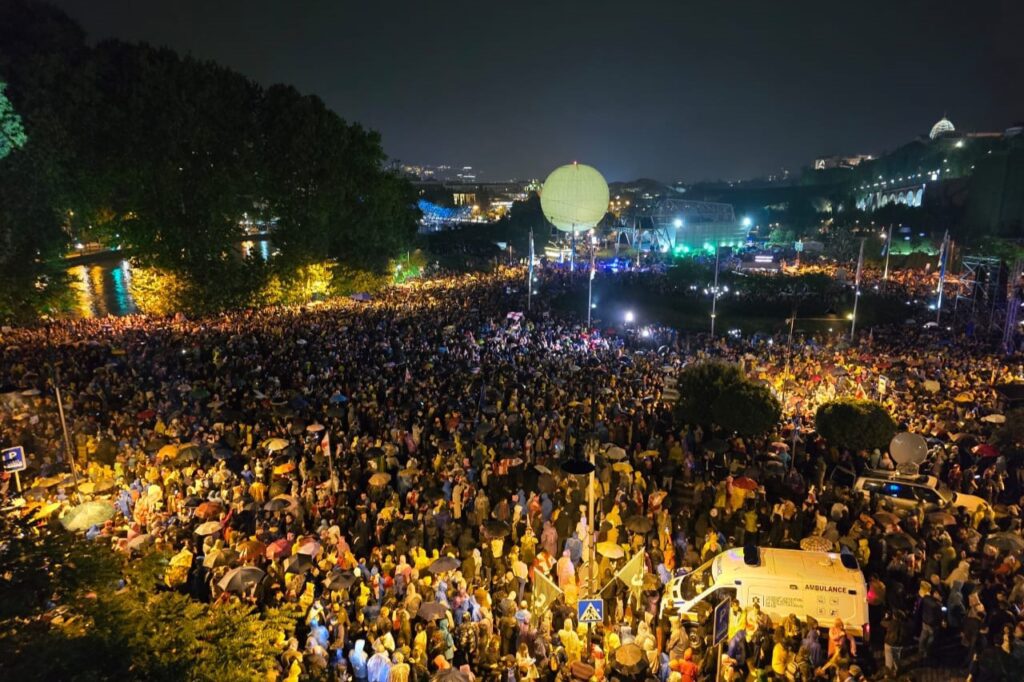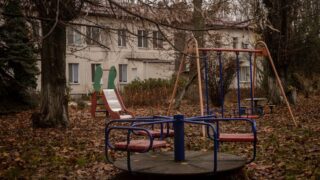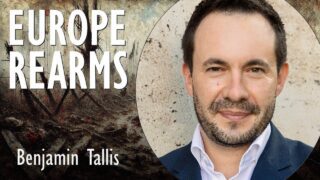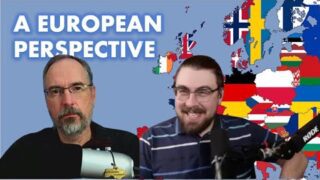
Georgia’s EU path “de facto halted” as European Council calls for democratic reforms
The European Council has announced the de facto suspension of Georgia’s accession process to the European Union, citing serious concerns about the actions of the Georgian government. The decision was revealed in a document published on the Council’s website on 17 October 2024.
Despite the suspension of high-level meetings with Georgia’s pro-Russian government, it was reported that the President of the European Commission and the Head of the European Council had previously met with Georgian President Salome Zurabishvili in Brussels. Previously, the Georgian Dream adopted two controversial Russian-style “familiy values” and “foreign agents” laws, despite mass protests opposing restrictions on freedoms.
The council reaffirmed the Union’s readiness to support the Georgian people on their European path. However, it simultaneously reiterated its serious concern regarding the course of action taken by the Georgian government, which, according to the council, “runs counter to the values and principles upon which the European Union is founded.”
In a stark warning, the European Council stated that such a course of action “jeopardises Georgia’s European path, and de facto halts the accession process.” The council called on Georgia to adopt “democratic, comprehensive and sustainable reforms, in line with the core principles of European integration.”
Looking ahead to Georgia’s upcoming parliamentary elections, the European Council emphasized its expectations for free and fair elections, in line with international standards. The council stressed the need for “unhindered access for international and domestic election observers,” underlining the importance of transparency in the electoral process. Parliamentary elections are scheduled to be held in Georgia on 26 October 2024.
The European Council also highlighted the critical role of media freedom in Georgia’s democratic development, stressing “the need to protect a free, independent and pluralistic media” in the country.”
The council also emphasized the European Union’s “continued commitment to peaceful conflict resolution and its policy of non-recognition and engagement” and “unwavering support for Georgia’s sovereignty, independence, and territorial integrity within its internationally recognised borders.” This policy refers to the EU’s stance on Georgia’s Russian-controlled breakaway regions of Abkhazia and South Ossetia.
Related:











